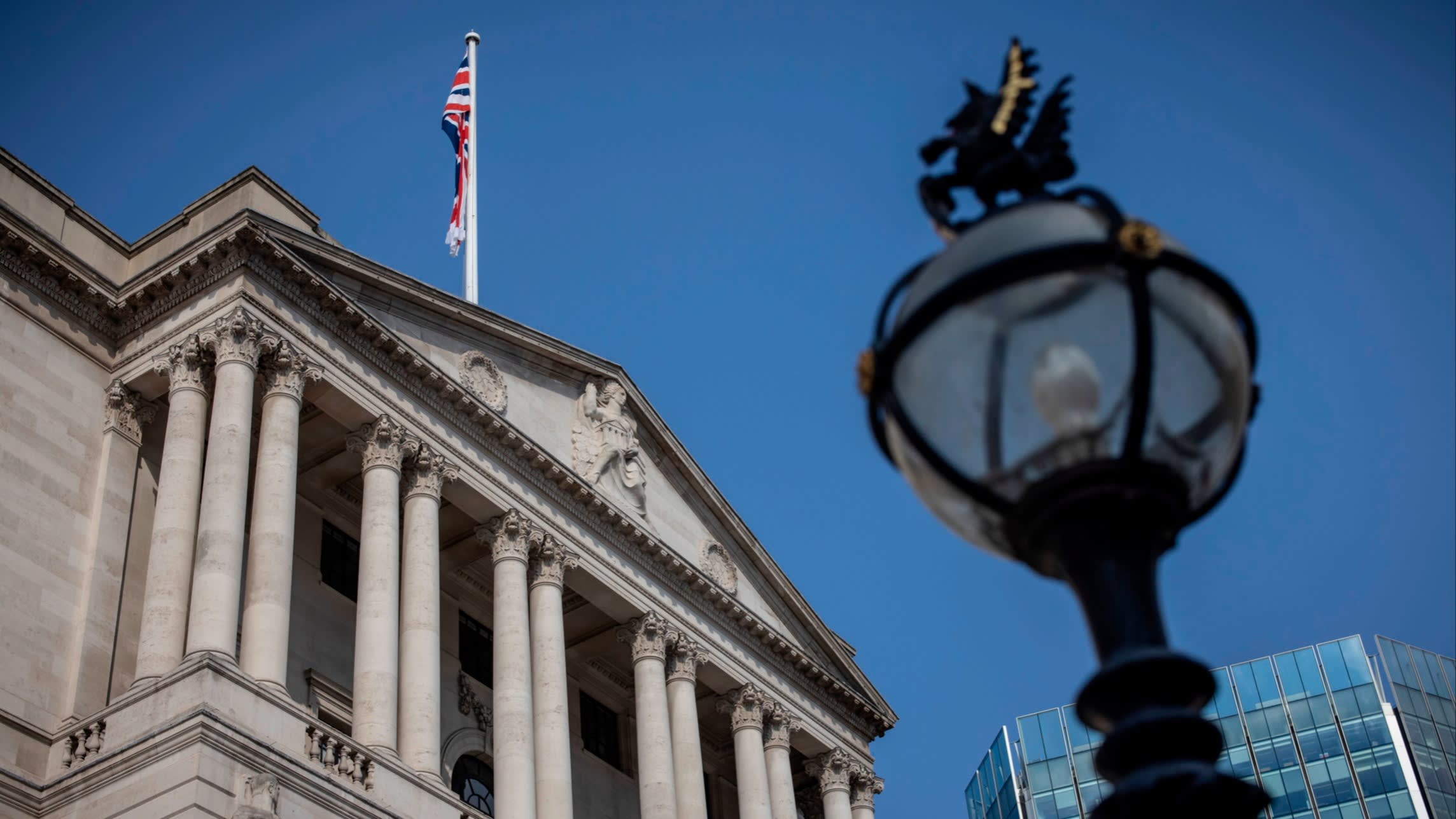
Unlock the Editor’s Digest for free
Roula Khalaf, Editor of the FT, selects her favourite stories in this weekly newsletter.
Cryptocurrency groups are calling on the Bank of England to abandon plans to limit how many stablecoins people can own, which would give the UK much stricter rules for the fast-growing market than the US or EU.
The central bank’s plan to restrict stablecoin ownership reflects concerns that the tokens could weaken the banking system by draining it of deposits and underscores how the UK has been more cautious on crypto regulation than other countries.
BoE officials said it planned to press ahead with proposals for imposing ownership limits of £10,000 to £20,000 for individuals and £10mn for businesses on all systemic stablecoins — defined as any widely used for UK payments or likely to be in the future.
However, the plan has drawn criticism from cryptocurrency and payment groups, which said it would put the UK at a disadvantage compared with other countries and would be difficult and costly to enforce on the market.
“Imposing caps on stablecoins is bad for UK savers, bad for the City and bad for sterling,” said Tom Duff Gordon, vice-president of international policy at Coinbase, the US crypto asset exchange. “No other major jurisdiction has deemed it necessary to impose caps.”
Other crypto industry executives said the BoE’s limits would be hard to implement and hamper the potential benefits of stablecoins — such as making cross-border payments cheaper and faster. “Limits simply don’t work in practice,” said Simon Jennings, executive director of the UK Cryptoasset Business Council trade body.
“Stablecoin issuers don’t have sight of who holds their tokens at any given time, so enforcing caps would require a costly, complex new system, such as digital IDs or constant co-ordination between wallets,” he said.
The criticism threatens to intensify tensions between the BoE and the Treasury after the central bank’s governor Andrew Bailey intervened to stop a meeting by chancellor Rachel Reeves to encourage regulators to speed up fintech Revolut’s banking licence.
Reeves has committed to support digital innovation in UK financial services and said in her Mansion House speech in July she would “drive forward developments in blockchain technology, including tokenised securities and stablecoins”.
The BoE has said its proposed limits on stablecoin ownership could be “transitional” while the financial system adjusts to the growth of digital money. It is due to publish a consultation outlining its updated plans for stablecoin regulation this year.
Sasha Mills, BoE executive director for financial market infrastructure, said in a recent speech that the limits would “mitigate financial stability risks stemming from large and rapid outflows of deposits from the banking sector — for example sudden drops in the provision of credit to businesses and households — and risks posed by newly recognised systemic payment systems as they are scaling up”.
The global stablecoin market has grown rapidly to reach $288bn. It is dominated by US dollar-based tokens and was given a major boost after Congress passed the Genius Act in July, introducing a regulatory framework that is expected to embed stablecoins as a key part of the financial system. Coinbase has forecast the market could reach $1.2tn by 2028.
“Limits make no sense,” said Riccardo Tordera-Ricchi, director of policy & government relations at The Payments Association. “Just as there are no limits on cash, bank accounts, or e-money, there is no reason beyond scepticism to impose limits on stablecoin ownership. This is a step in the wrong direction.”
Gilles Chemla, a professor at Imperial Business School and co-director of its centre for financial technology, said: “Stablecoins are no longer experimental technologies — they are becoming the foundation of the global digital economy.”
Ahead of a report published on Tuesday, Chemla warned that the UK was falling behind on stablecoin regulation. “London has the talent, the markets, and the history to lead the digital economy, but the delay in implementing a regulatory framework for stablecoins is eroding that advantage,” he said.



